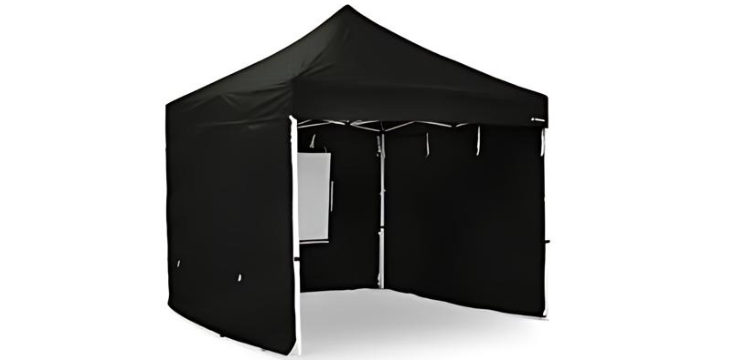Camping is an excellent way to connect with nature, Property escape the hustle and bustle of daily life, and enjoy some quality time outdoors.
However, safety should always be a top priority when embarking on a camping adventure. Protecting yourself and your property ensures a memorable experience without unwanted surprises.
This comprehensive guide will explore essential ways to safeguard yourself and your belongings during a camping trip.
Table Of Contents
Personal Safety
Preparing for the Trip
Before heading out on your camping trip, it’s crucial to inform someone of your plans. Let a family member or friend know your itinerary, including your expected return date and the location of your campsite. This step can be lifesaving in case of an emergency.
Next, check the weather conditions for your camping destination. Understanding the weather forecast helps you pack appropriate clothing and gear.
Pack essential safety items such as a first aid kit, an emergency whistle, a flashlight, and extra batteries. These items can prove invaluable if you encounter unexpected situations.
At the Campsite
Choosing a safe campsite is vital. Look for a location away from potential hazards like falling branches, steep cliffs, or water bodies that could flood.
It’s best to set up camp during daylight to ensure you have ample time to familiarise yourself with the area and identify any potential risks.
Once your camp is set up, take a moment to learn about your surroundings. Familiarise yourself with the layout, including the locations of emergency exits and water sources. Knowing your environment can significantly enhance your safety and preparedness.
Property Security
Campsite Security
A secure campsite arrangement can deter potential thieves. Arrange your tents and gear in a visible manner to keep an eye on everything.
Establishing a camp perimeter with lights or markers can provide an additional layer of security. Using portable motion sensors or locks for tents and equipment can also enhance campsite security.
Vehicle Security
If you have a vehicle at your campsite, ensure it is locked with windows up. Park in a safe, well-lit location visible from your campsite. Using car alarms or steering wheel locks can further secure your vehicle and deter potential theft.
Environmental Considerations
Fire Safety
Fire safety is paramount when camping. Build fires only in designated areas to prevent uncontrolled wildfires.
Always keep a bucket of water or a fire extinguisher nearby. Never leave fires unattended, and make sure to fully extinguish them before leaving the area or going to sleep.
Weather Preparedness
Weather can change quickly, so it’s essential to be prepared. Pack extra clothing and waterproof gear to handle unexpected weather conditions.
Gazebos such as TFH Gazebos can provide shelter from rain or sun, keeping you and your gear dry and comfortable. So consider carrying one for your camping event.
Regularly check weather forecasts using weather apps or listening to local reports to stay informed. With the right preparation, you can enjoy your camping trip regardless of the weather.
Concluding Remarks
Camping offers a wonderful opportunity to enjoy nature and unwind, but safety should always come first.
By following these essential tips, you can protect yourself and your property, ensuring a safe and enjoyable camping experience. Remember, proper preparation and vigilance are key to a successful camping trip.


